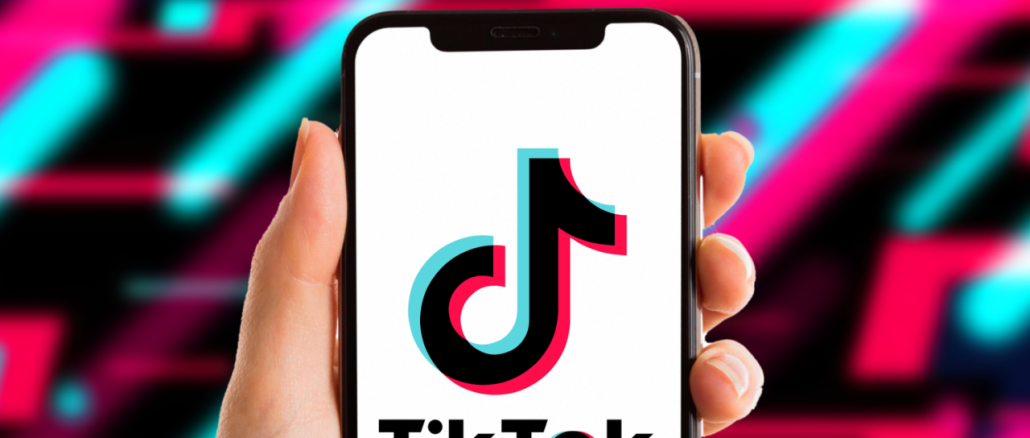
The U.S. state of Montana has become the first state to passing legislation to ban TikTok on personal devices.
The app has already been banned by more than half of U.S. states on official government devices. The U.S. Congress and the U.S. armed forces have also banned the popular social media app, citing data security concerns.
The ban, if passed, will stop users from downloading the app, but not from using it if it is already on a device. The company is expected to take legal action to fight the bill.
The CEO of TikTok, Shou Zi Chew, was heavily questioned by US lawmakers in a congressional
hearing last month, amid calls for the popular video app to be banned across the US.
Chew was challenged over TikTok’s close ties with China as well as the negative effects the app
is having on the mental health of American teenagers.
Members of the committee began the more than five hour long hearing by questioning the
40-year-old CEO on TikTok’s parent company, ByteDance, which they accused of having close
ties with the Chinese Government.
In a rare public appearance, Chew defended the company’s data protection measures and the
relationship between China and ByteDance: “Let me state this unequivocally: ByteDance is not
an agent of China or any other country.”
Chew also repeatedly tried to assure lawmakers that his company is independent from China:
“We do not promote or remove content at the request of the Chinese government.”
Chew presented “Project Texas”, a proposal not yet in operation, which will ensure that all US
data from TikTok is stored on American territory under the supervision of American firm
Oracle. “The bottom line is this, American data stored on American soil, by an
American company, overseen by American personnel”, said Chew.
Lawmakers were not convinced and continued questioning Chew, who admitted he owns shares
of ByteDance.
The negative impact on young teenagers of TikTok’s videos was also discussed at length. Both
Republicans and Democrats accused Chew of TikTok’s addictive and targeted algorithms, which
promote eating disorders, inappropriate sexual content, and illegal substance use.
Democrat Kathy Castor stated that “TikTok could be designed to minimize the harm to kids, but
a decision was made to aggressively addict kids in the name of profits”.
An interesting moment in the testimony arose when Congresswoman Nanette Barragán
questioned Chew about reports that his own children are not allowed to use the app.
Chew confirmed the information but explained that the reason is because the app is banned for
children under the age of 13 in Singapore, where his children live.
Reports from Washington suggest that 20 senators have backed a bipartisan legislation which
would allow Biden to ban the app entirely from the US.
The Biden administration is yet to make a decision on the matter. However, it has asked
Chinese investors in ByteDance to sell their stakes in the company or face a ban.
China’s commerce ministry responded by saying that a forced sale of the company “will
seriously damage the confidence of investors from all over the world, including China, to invest
in the United States,” and that China would oppose any sale.
This news comes amid growing tensions between China and the US.
Image credit: May Gauthier on Unsplash
